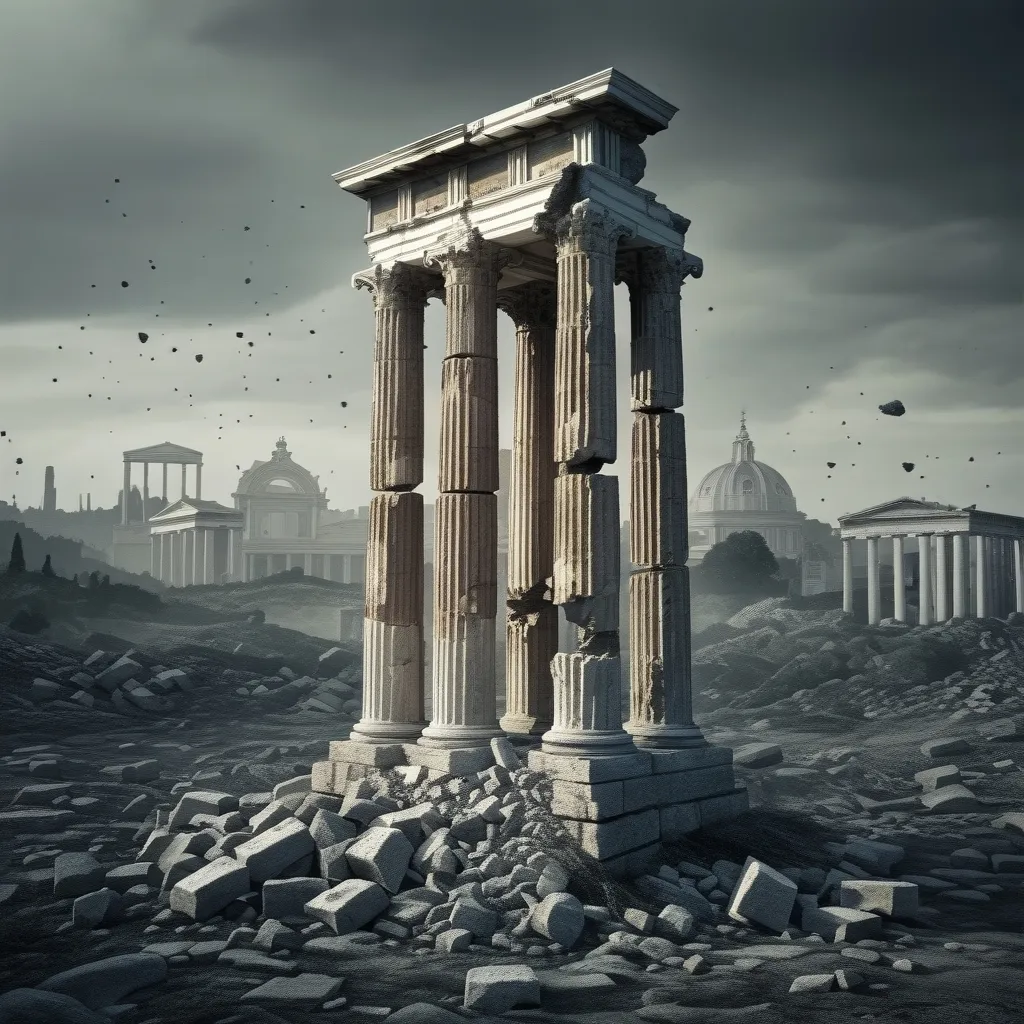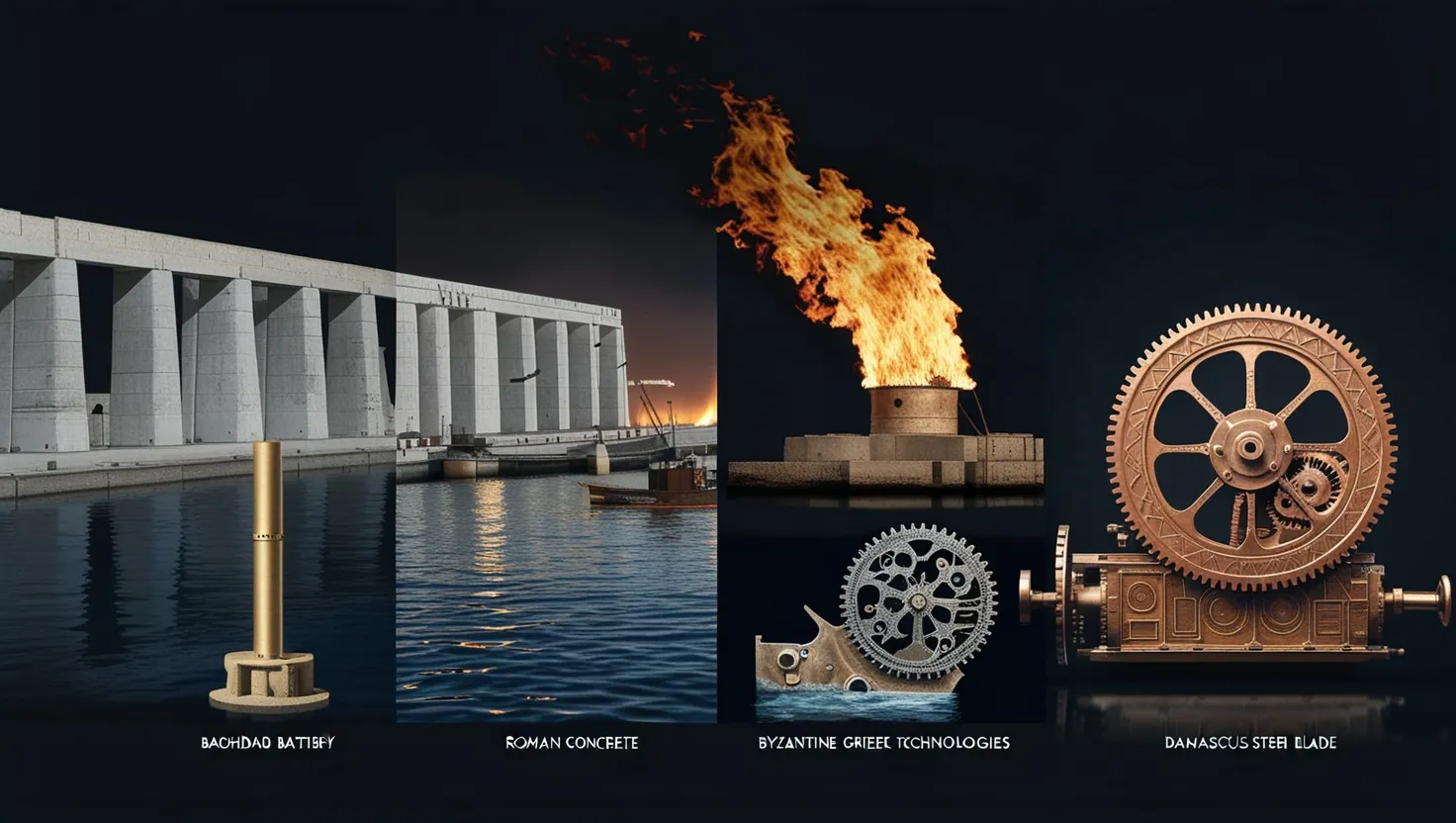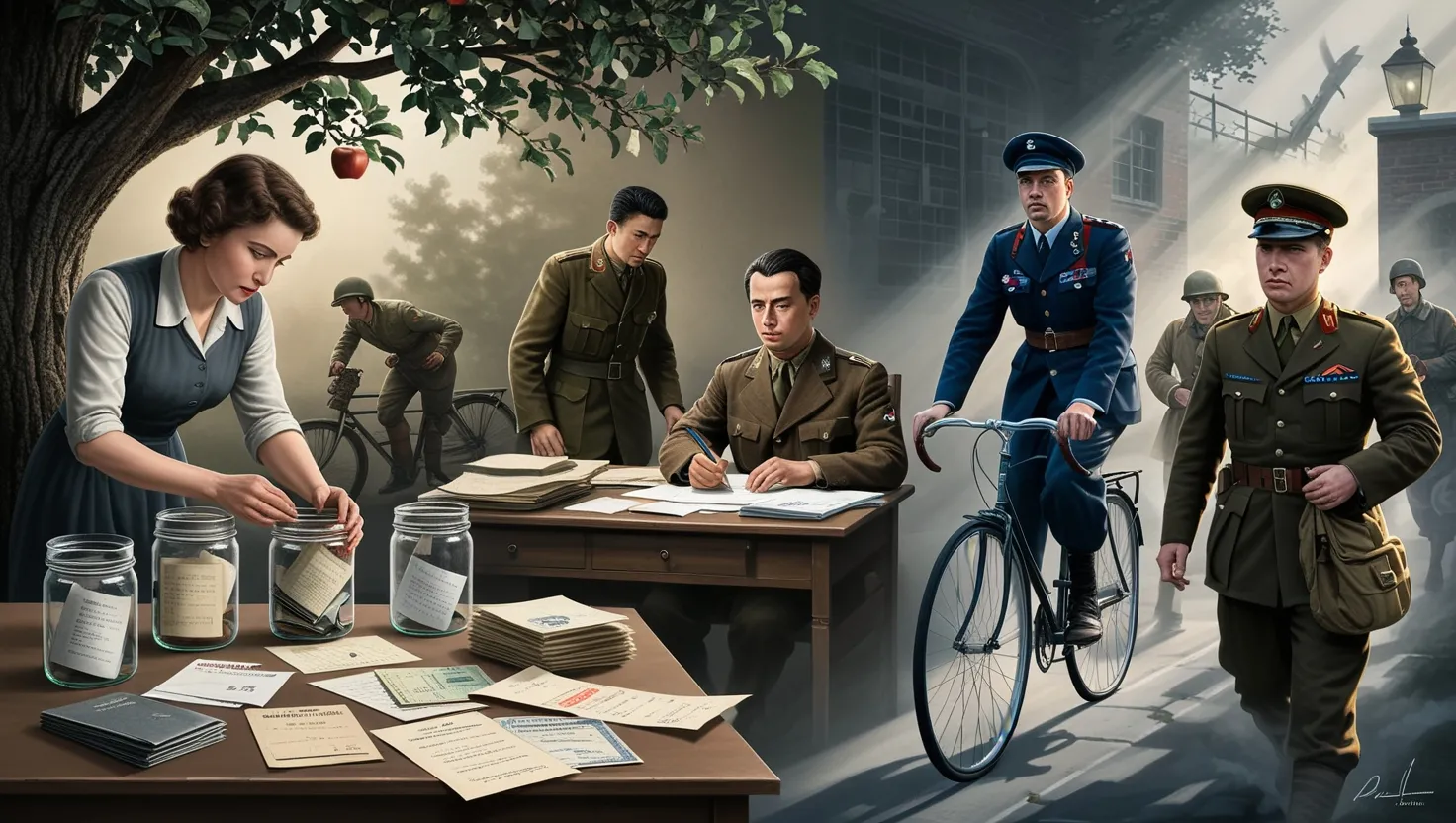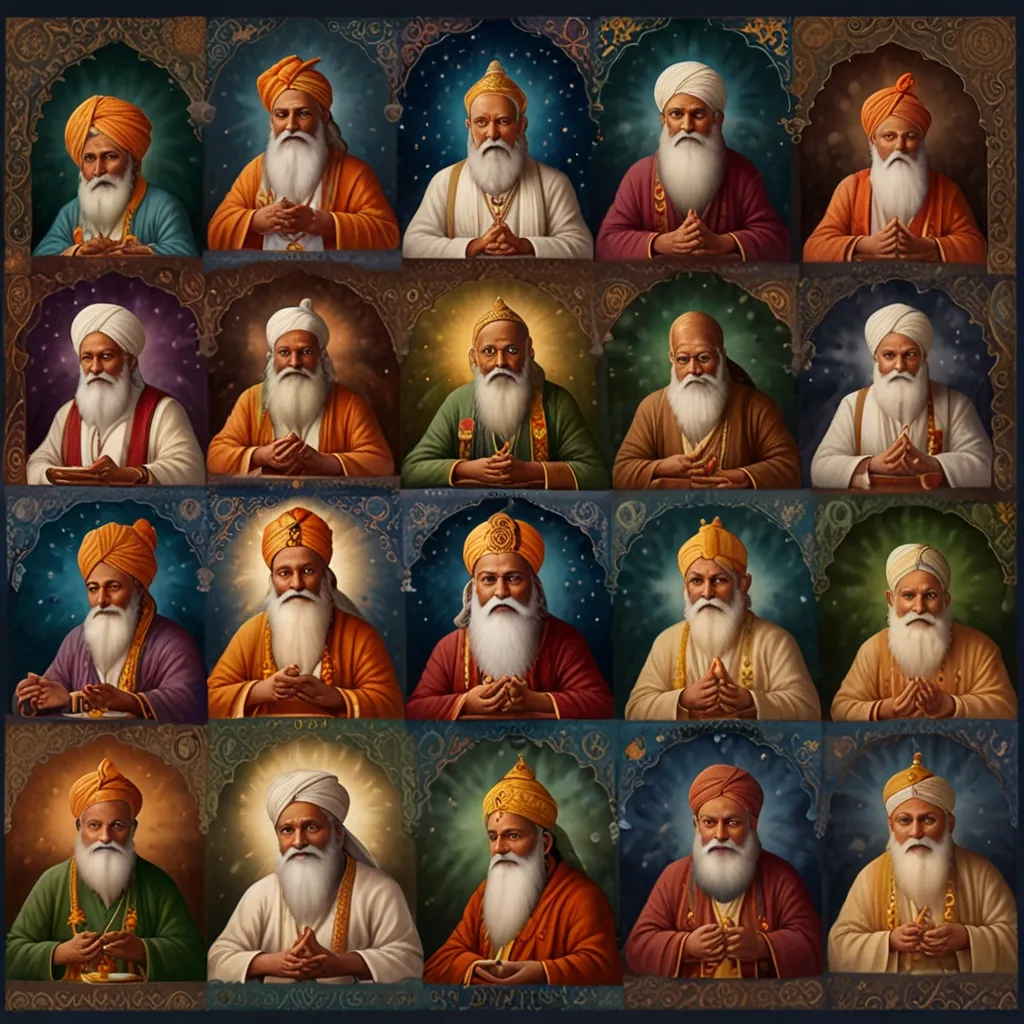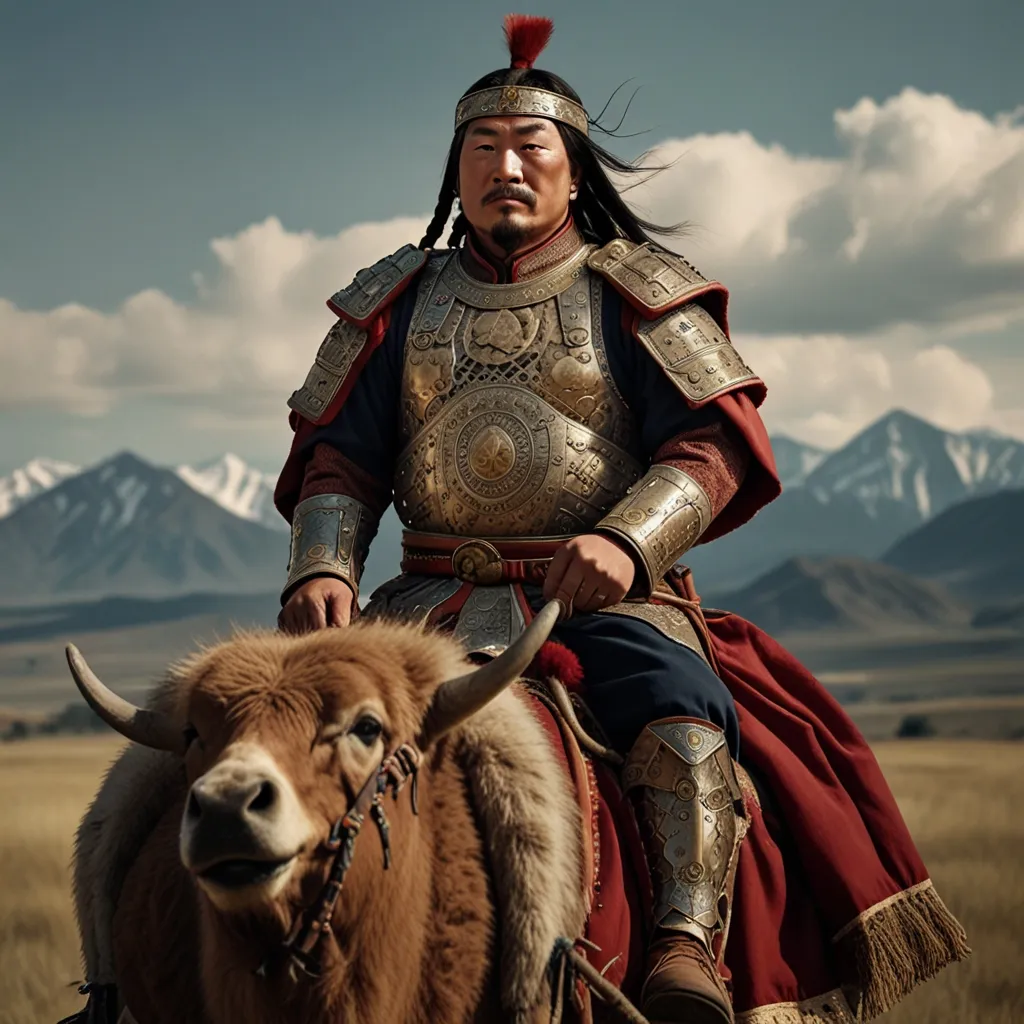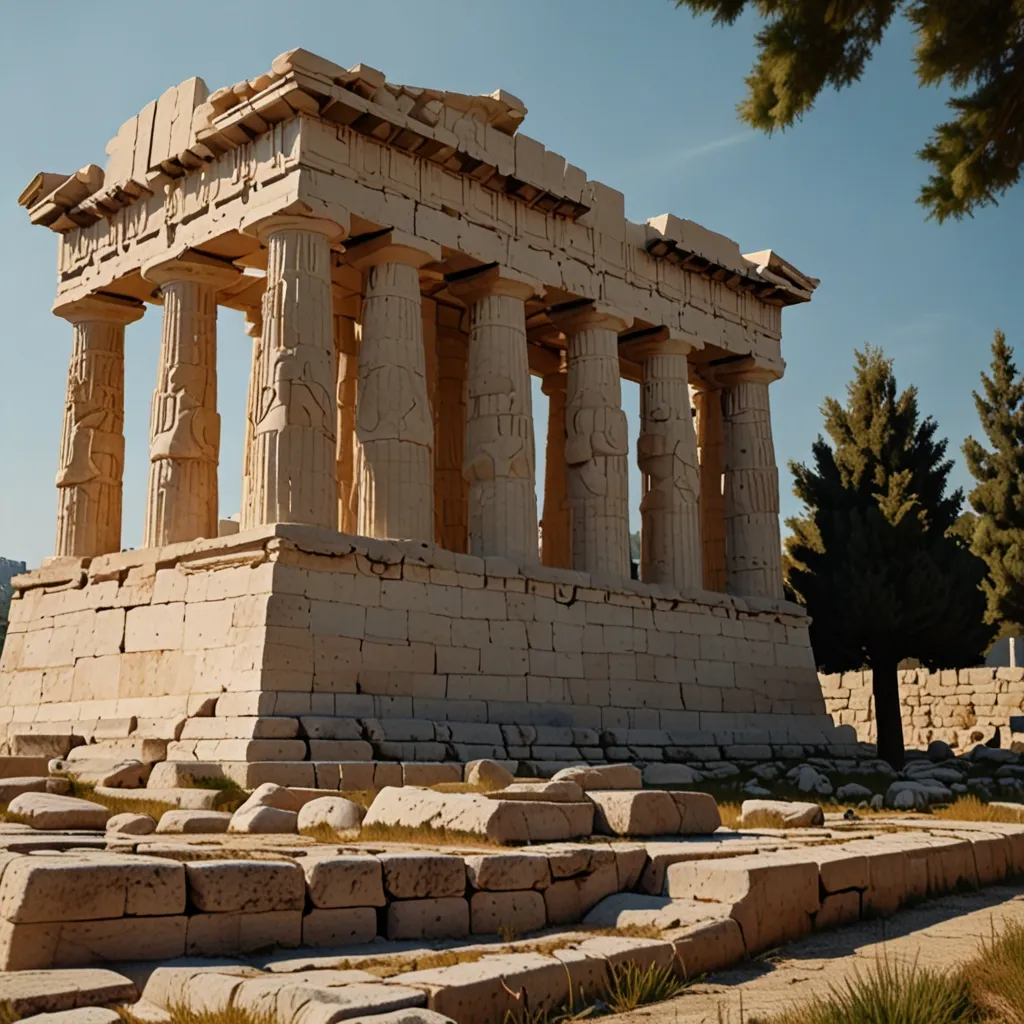The Fall of Rome: A Tangled Web of Decline
Rome wasn’t built in a day, and it sure as heck didn’t fall in one either. The collapse of this ancient superpower is like a messy breakup - complicated, drawn-out, and with plenty of blame to go around. Let’s dive into this historical soap opera and see what really brought down the mighty Roman Empire.
Money Troubles: The Economic Nosedive
You know how they say “Mo’ money, mo’ problems”? Well, Rome had the opposite issue. Their whole economy was built on cheap labor from conquered slaves. It worked great while they were constantly expanding, but once they stopped, things went south real quick.
Imagine you’re running a business that relies on getting free stuff from your neighbors. At first, it’s awesome - you’re rolling in profits. But eventually, you run out of neighbors to steal from, and suddenly your brilliant business model doesn’t look so hot anymore. That’s basically what happened to Rome.
The empire got so used to this easy money that they forgot how to actually grow their economy. Innovation? Nah, why bother when you’ve got slaves doing all the work? But when the slave supply dried up, the whole system started to crumble. It’s like they were addicted to conquest, and when they couldn’t get their fix anymore, they went into some serious economic withdrawal.
The Rise of the Villas: DIY Economy
As things started going downhill, rich Romans were like, “Screw this, I’m out.” They built these self-sufficient estates called villas, which were basically little kingdoms unto themselves. Imagine if Jeff Bezos decided to make Amazon HQ its own country - that’s kind of what these villa owners did.
These villas were great for the rich folks, but terrible for the empire as a whole. It’s like if everyone in your neighborhood decided to go off-grid and stop paying taxes. Suddenly, the government’s piggy bank is looking pretty empty, and they can’t afford to keep the lights on (or in Rome’s case, keep the aqueducts flowing).
This DIY economy meant that the central government had less and less control. It’s like trying to herd cats - when everyone’s doing their own thing, it’s hard to keep the whole show running smoothly.
The Military Mess: When Your Defenders Become Offenders
Rome’s army used to be its pride and joy, but it turned into a major headache. They started hiring mercenaries - basically, soldiers for hire - from all over the empire. These guys were loyal to their paychecks, not to Rome.
Think about it like this: You hire a security guard for your store, but you can only afford to pay him sometimes. What happens when you miss a payment? He might just decide to rob the store himself. That’s pretty much what happened with Rome’s army. When the empire couldn’t pay up, the soldiers turned on them faster than you can say “Et tu, Brute?”
Political Drama: Game of Thrones, Roman Edition
If you thought modern politics was messy, you should’ve seen Rome. They never quite figured out how to pass the torch smoothly from one emperor to the next. It was less like a well-oiled machine and more like a cage match to see who’d come out on top.
Imagine if every time a new CEO took over a company, there was a company-wide brawl. That’s basically what Rome dealt with every time they needed a new emperor. All this infighting meant that Rome was often too busy squabbling with itself to deal with actual threats.
The New Kids on the Block: Migration Nation
While Rome was busy with its internal drama, new groups of people started moving into the neighborhood. These newcomers weren’t too keen on becoming “Roman” - they wanted to keep their own identities.
It’s like if you moved to a new country but instead of learning the language and customs, you just set up a mini-version of your home country. That’s what these migrating groups did in Rome. Suddenly, the empire was less like a melting pot and more like a salad bowl, with all these different cultures just kind of tossed together.
This made it super hard for the government to keep everyone on the same page. It’s tough to run an empire when half your population doesn’t even speak the same language as you.
Mother Nature’s Revenge: Climate Change and Plagues
As if Rome didn’t have enough problems, Mother Nature decided to pile on too. The climate started changing, which messed with their agriculture. Less food meant weaker people, which made it harder to defend against invaders or work the fields.
Then, to add insult to injury, plagues started sweeping through the empire. It’s like Rome was playing a game of Civilization on hard mode, with every possible disaster happening at once.
Corruption: The Rot from Within
If there’s one thing that can really mess up a society, it’s corruption, and Rome had it in spades. The rich and powerful were living it up while everyone else struggled. It’s like if your company’s executives were throwing lavish parties with the money that was supposed to go to your salary.
This corruption ate away at Rome from the inside, like termites in a wooden house. From the outside, everything might look fine, but the whole structure is just waiting to collapse.
The Afterparty: Rome’s Legacy
Even though Rome fell, it didn’t disappear completely. A lot of its ideas and institutions stuck around, kind of like how you can still smell a strong perfume even after the person wearing it has left the room.
The Church picked up a lot of the slack, becoming a kind of mini-government when the actual government couldn’t hack it anymore. And a lot of Roman laws and cultural ideas kept influencing Europe long after the empire was gone.
What We Can Learn: History’s Lessons
So, what can we modern folks learn from Rome’s epic fail? For one, don’t put all your eggs in one basket economically. Rome’s slave-based economy was great until it wasn’t. We need to make sure our economies can adapt and grow, not just rely on one thing.
We also need to keep an eye on political stability. When the people in charge are too busy fighting each other to actually run things, that’s a recipe for disaster.
And let’s not forget about social cohesion. Rome struggled when it couldn’t integrate new people into its society. In our globally connected world, figuring out how to live together despite our differences is crucial.
Lastly, we need to be ready for the unexpected. Climate change, pandemics - Rome got blindsided by these issues. We can’t predict everything, but we can try to build resilient societies that can roll with the punches.
In the end, Rome’s fall wasn’t because of any one thing. It was death by a thousand cuts - economic problems, political instability, social changes, and some good old-fashioned bad luck all piled up until the whole thing came crashing down.
So next time you’re feeling overwhelmed by the state of the world, just remember: at least you’re not trying to run the Roman Empire. Those guys had it rough. But hey, maybe if they’d had Twitter, they could’ve crowdsourced some solutions. “Hey guys, empire collapsing, any ideas? #RomanProblems”
